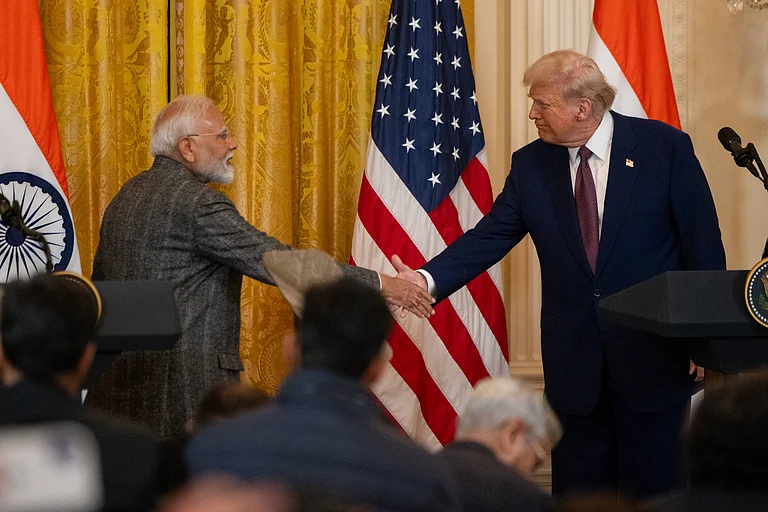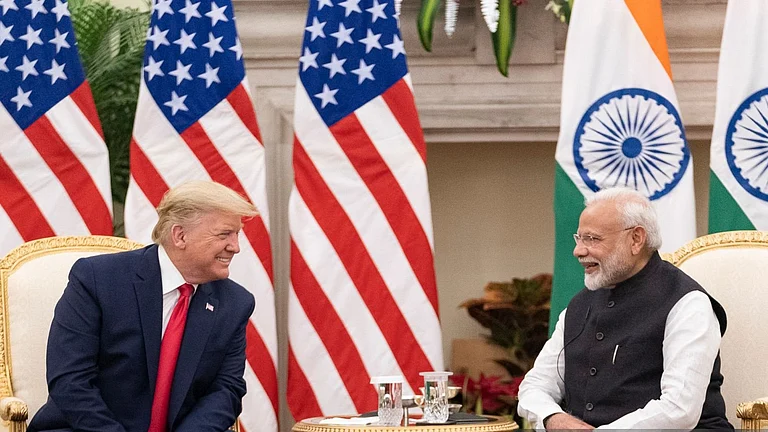Germany’s economy minister and auto industry lambasted U.S. President Donald Trump’s plans to impose sweeping 25 percent tariffs on U.S. car imports, saying the move sends a “fatal signal” to free and rules-based trade.
On Wednesday, Trump announced plans to impose tariffs on all foreign-made vehicles and auto parts imported into the U.S., set to take effect on April 2. These tariffs, which coincide with a broader push for new levies starting next week, mark a significant escalation in the ongoing global trade conflict.
German Economy Minister Robert Habeck called for the European Union to provide a “decisive response” to Trump’s latest tariff announcement, saying the levies “ultimately harm the US and the EU, and global trade as a whole.”
“The announcement of high tariffs on cars and car parts is bad news for German carmakers, for the German economy, for the EU, but also for the US,” Habeck said Thursday in a Google-translated statement to CNBC.
“It is now crucial that the EU delivers a decisive response to the tariffs – it must be clear that we will not back down in the face of the US . Strength and self-confidence are required,” he added.
European Stocks Tank
European auto stocks traded sharply lower on Thursday, tracking auto losses in Asia overnight. French car parts supplier Valeo traded down 5.2 percent at around midday London time (8 a.m. ET), while Milan-listed Stellantis and Germany’s Porsche tanked 4 percent.
Germany’s Volkswagen, Mercedes-Benz Group and BMW have all issued profit warnings in recent months, citing economic weakness and sluggish demand in China, the world’s largest car market.
Indian Automakers Give Warning Too
India’s auto component exports — including drive transmission, steering, and engine components—reached $21.2 billion in FY24, reflecting 5.5 per cent growth. This was primarily driven by robust demand from markets such as North America and Europe, which contributed nearly 32 per cent each.
Stressing that the Indian auto sector contributes nearly one-third of the country’s manufacturing GDP, a Global Trade and Research Institute (GTRI) report cautioned against reducing tariffs on passenger cars to avoid US tariffs, warning that such a move could prove counterproductive.











.jpg?auto=format%2Ccompress&fit=max&format=webp&w=768&dpr=1.0)















